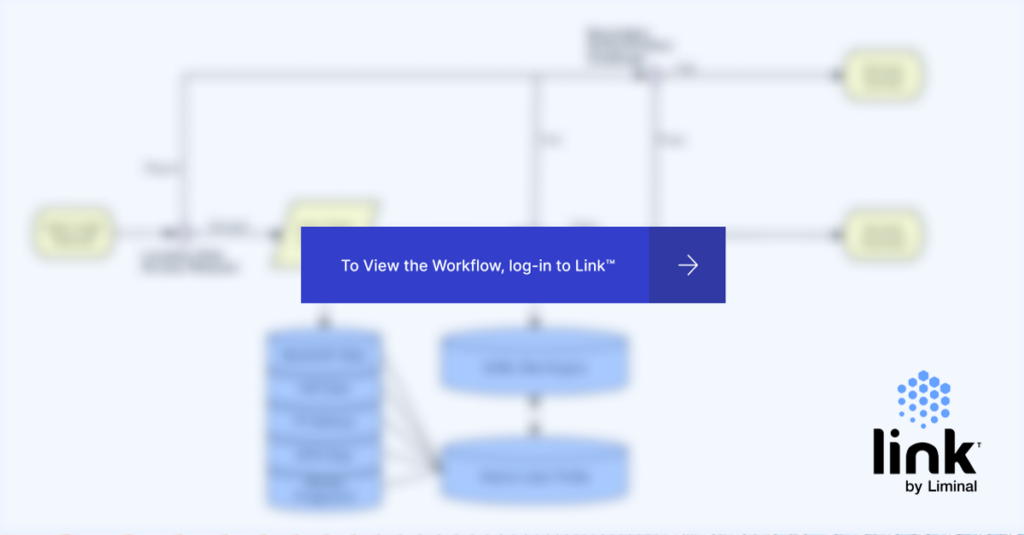
As mobile transaction volumes rise, location intelligence is increasingly becoming a critical tool that enables companies to better authenticate customers and detect fraud. The increase in location-sensitive transactions, such as payments, content streaming, and online sports betting, necessitates verifying users’ physical locations at the point of transaction. Location intelligence vendors respond by offering solutions that authenticate legitimate users and escalate high-risk ones to traditional authentication methods. According to Meticulous Research, the Location Intelligence market is projected to reach $67.5 billion by 2030, at a CAGR of 12.9% from 2023 to 2030.
Location intelligence, or geolocation, involves collecting, analyzing, and applying spatial data to derive insights and make strategic decisions. This enables businesses to understand patterns and trends, improve operations, target audiences effectively, and enhance security. As the need for secure, seamless user experiences increases, geolocation is essential for various applications, including account security, customer authentication, and identity verification. To stay competitive, some vendors in this market seek to integrate with larger platforms or broaden their product offerings in response to the trend toward Integrated Identity Platforms (IIPs).
Liminal Members and Link Users can access the full report by logging into Link. Don’t have an account yet? Sign-up for free. Here are some key takeaways from a recent Outside-in Report: Location Intelligence: Applications and Insights in an Evolving Market.
6 Key takeaways:
- The growing sophistication of fraud threats and rising consumer expectations for low-friction user experience will drive future demand for location intelligence, with limited threats posed by consumer privacy and regulatory concerns.
- Customer experience is crucial in authentication, with over 60% of consumers abandoning purchases due to forgotten passwords in the last six months. Frictionless, location-based authentication enables platforms to let low-risk users skip password steps entirely.
- Businesses seek solutions with low-friction and cross-lifecycle capabilities, growing geofencing mandates for regulated industries, and continuing mobile transaction growth.
- Nearly 75% of consumers are willing to share location data to enhance mobile app functionality. While hesitancy to share data may affect the use of location intelligence for authentication, it doesn’t significantly hinder the market’s growth.
- Regulatory constraints are consent-based, with stricter privacy laws like GDPR and CCPA posing limited threats to location intelligence platforms since regulations emphasize consumer consent and don’t prohibit geolocation data collection.
- The global legalization of regulated online gaming is expanding, with over 32 countries and 34 US states plus the District of Columbia now allowing online betting. Geofencing is crucial in adhering to local regulations, fueling the worldwide demand for location intelligence.
How It Works: Location Intelligence for User Authentication
For authentication use cases, geolocation providers combine multiple location intelligence signals with device-level data to risk score a login attempt and allow friction-free access or escalate to challenging a user with alternate authentication methods. For a detailed workflow, log into Link and download the full Outside-In Report, Location Intelligence: Applications and Insights in an Evolving Market.

Use Cases
Geolocation has many use cases, including account opening and fraud prevention, account takeover protection, passwordless authentication, and geofencing.
Account Opening and Fraud Prevention: A common use case aims to prevent account creation by fraudsters using false identities, driven by the post-COVID-19 increase in online account creation across various sectors.
Account Takeover Protection: This targets the need for protection against cybercrimes and expressly unauthorized access to online accounts or systems, driven by the rise in sophisticated fraud techniques and the demand for advanced security technologies.
Passwordless Authentication: This method enables password-free account or system access, reducing user friction. Location intelligence facilitates user authentication with minimal added friction, acting as a primary or secondary authentication factor.
Geofencing: This method uses geolocation data to control access to online platforms based on geographic constraints. It is crucial for regulated online gambling to meet regulatory location verification requirements in the growing number of countries and US states legalizing it.
Why Now?
Demand for location intelligence data and analytics is rising due to enterprises seeking low-friction, cross-lifecycle solutions, increasing geofencing regulations in regulated industries, and the growth of mobile transactions. Enterprises aim for high user experience across the identity lifecycle, noting that location intelligence can reduce transaction abandonment in 42% of consumers facing high friction. These solutions, especially with other authentication methods, position location intelligence vendors as crucial players in Integrated Identity Platforms (IIPs).
Regulatory concerns are minimal, with privacy regulations like GDPR focusing on consent-based data collection and specific laws like the Massachusetts Location Shield Act allowing for authentication and fraud detection uses. Geofencing requirements in states with legal online sports betting create additional opportunities for these vendors.
Additionally, the rise in smartphone transactions, now expected to constitute over 40% of online transactions, and the increasing use of online-to-offline platforms like Uber, DoorDash, and Instacart highlight new use cases for location intelligence. This trend expands the technology’s application and supports the market’s growth, providing a positive outlook for location intelligence solutions in enhancing authentication strategies and meeting regulatory compliance while opening new market opportunities.
Log-in to Link, or sign up for free, to download the detailed analysis of location intelligence market trends and strategic insights


